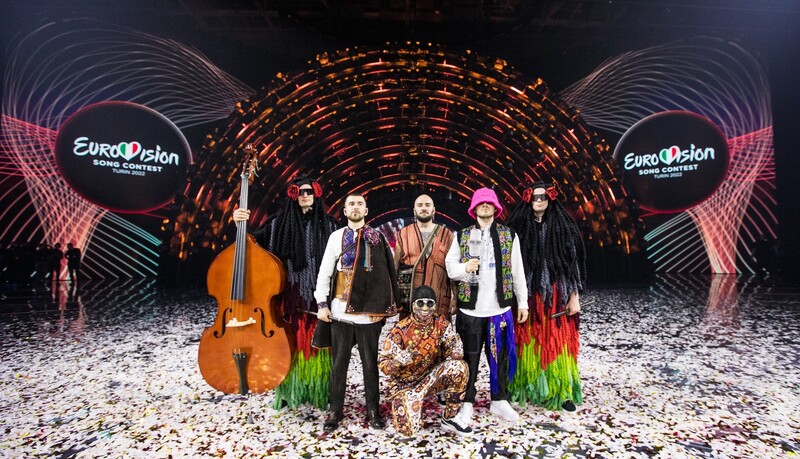In Liverpool, UK, at 3 p.m. EST, 26 nations will compete to win the Grand Final of this year’s Eurovision Song Contest… which is a really big deal, in case you didn’t know.
Ok, but what is Eurovision? Founded in 1956 as a symbol of postwar European unity, Eurovision is a contest where European nations (and, randomly, Australia and Israel) put forward bedazzled musical acts competing for the title of ‘best song.’ It’s massively popular, with 161 million Europeans tuning in last year, more than American Super Bowl viewership.
- The event is split into three rounds: two semi-finals and the Grand Final. The winner is decided by judges and fan votes (fans cannot vote for their own country), and, in a bid for international growth, people from non-participating countries can now vote.
- Notable past winners include ABBA winning for Sweden in 1974, and Celine Dion winning for Switzerland in 1988 (no, you don’t have to be from a country to rep them).
Eurovision performances are famous for being over-the-top and, dare we say, tacky. The show comes with a hefty price tag to match its spectacle. The UK is believed to have spent ~US$30 million hosting this year, and three countries did not compete for financial reasons.
Why it matters: Though it looks goofy from our outsider's POV, it’s politically important—a Eurovision win equals major clout—and has had no shortage of political acts over the years. It took on a stark new dimension last year after Russia was kicked out for invading Ukraine.
Ukraine ended up winning last year’s contest but had to turn down the hosting duties that come with victory. Second-place UK stepped up and is hoping that putting on a great show will help them get back into Europeans’ good graces after spurning them with Brexit.—QH
